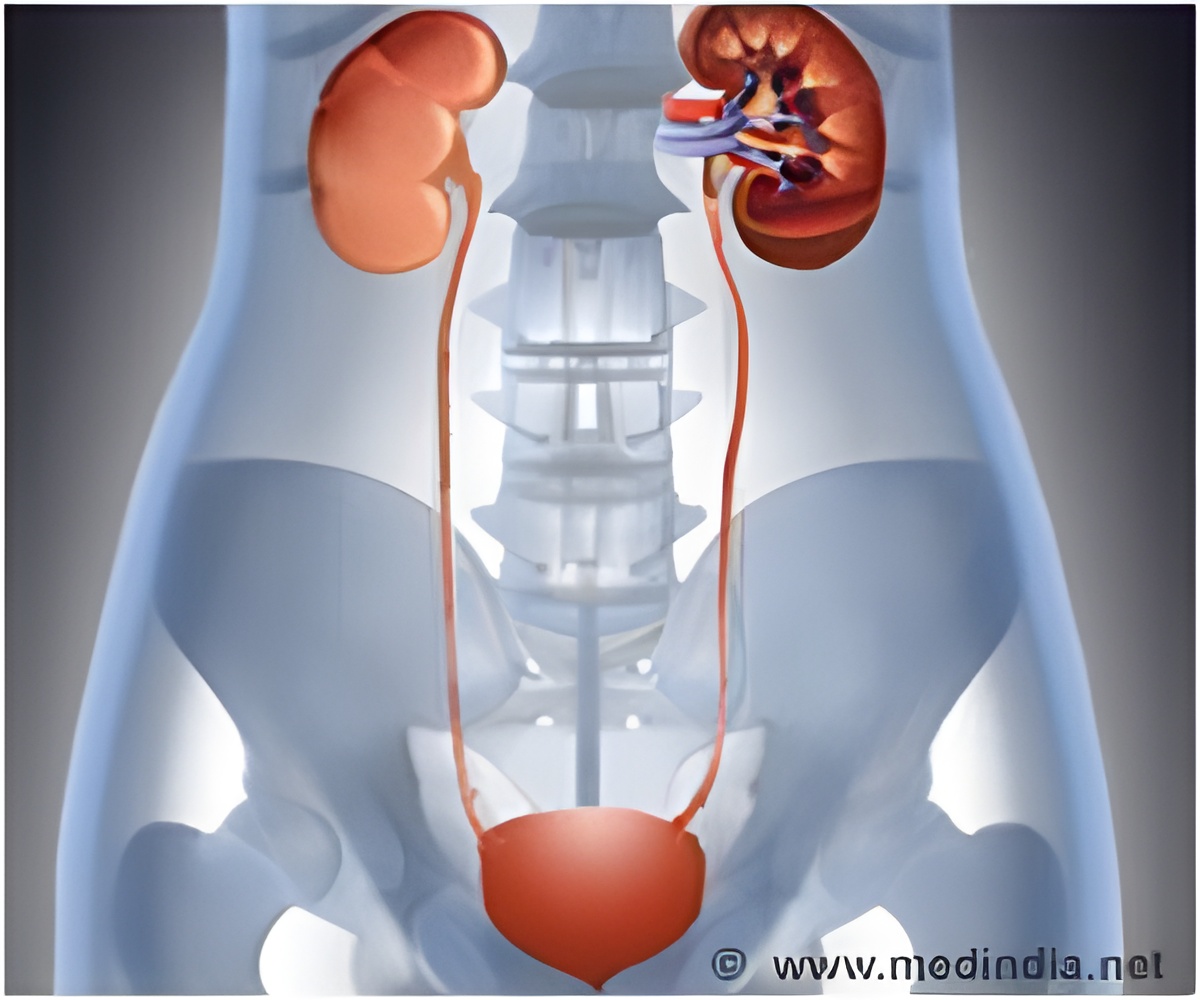New study published in Journal of the American Society of Nephrology finds acute kidney injury may be a risk factor for later heart problems.

Relatively little attention has been paid to potential links between AKI and later heart problems. To investigate, Vin-Cent Wu, MD, PhD (National Taiwan University Hospital) and his colleagues analyzed information from hospitalized patients who recovered from AKI that required dialysis. Data were collected from inpatient claims of the Taiwan National Health Insurance from 1999 to 2008.
Among the 17,106 acute dialysis patients who were discharged, 4869 recovered from dialysis-requiring AKI and were matched with 4869 patients without AKI.
- The incidence rate of coronary events was 19.8 per 1000 person-years in the AKI-recovery group, compared with 10.3 per 1000 person-years in the non-AKI group. (A person-year is the number of years of follow-up multiplied by the number of people in the study.)
- Patients who recovered from AKI had a 67% increased risk of experiencing coronary events or dying during the study period, regardless of whether or not they developed chronic kidney disease.
- AKI''s harmful effects on heart health were comparable to those attributed to diabetes.
"These findings indicate that dialysis-requiring AKI with subsequent recovery should be deemed as a risk category for cardiovascular disease, and they shed light on the importance of adequate care for affected patients," said Dr. Wu.
In an accompanying editorial, Chi-yuan Hsu, MD and Kathleen Liu, MD, PhD (University of California, San Francisco) wrote that the work is "very provocative and interesting." They added that more studies are needed to replicate and expand the results, examining cardiovascular disease outcomes other than coronary disease, such as heart failure, cardiac arrhythmias, cerebrovascular disease, and peripheral arterial disease. Drs. Hsu and Liu also noted that because the incidence of nondialysis-requiring AKI is much higher than the incidence of dialysis-requiring AKI, it will be important to examine the impact of more mild degrees of AKI on subsequent cardiovascular events. "Hopefully, this study is the first of many in the field to examine the impact of AKI on cardiovascular disease, an exciting new dimension," they wrote.
Study co-authors include Che-Hsiung Wu, MD, Tao-Min Huang, MD, Chen-Yi Wang, MD, Chun-Fu Lai, MD, Chih-Chung Shiao, MD, Shuei-Liong Lin, MD, PhD, Yen-Yuan Chen, MD, Yung-Ming Chen, MD, Tzong-Shinn Chu, MD, PhD, Wen-Chih Chiang, MD, PhD, Kwan-Dun Wu, MD, PhD, Pi-Ru Tsai, Miss, Likwang Chen, PhD Wen-Je Ko, MD, PhD, the NSARF Group.
Advertisement















